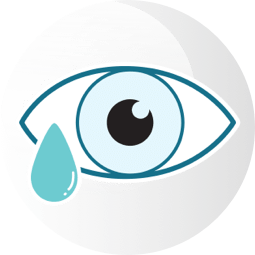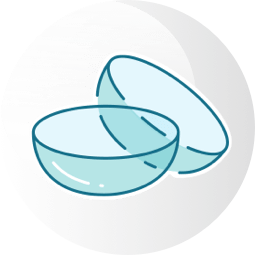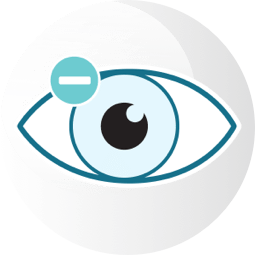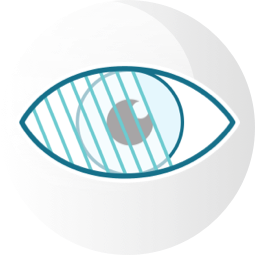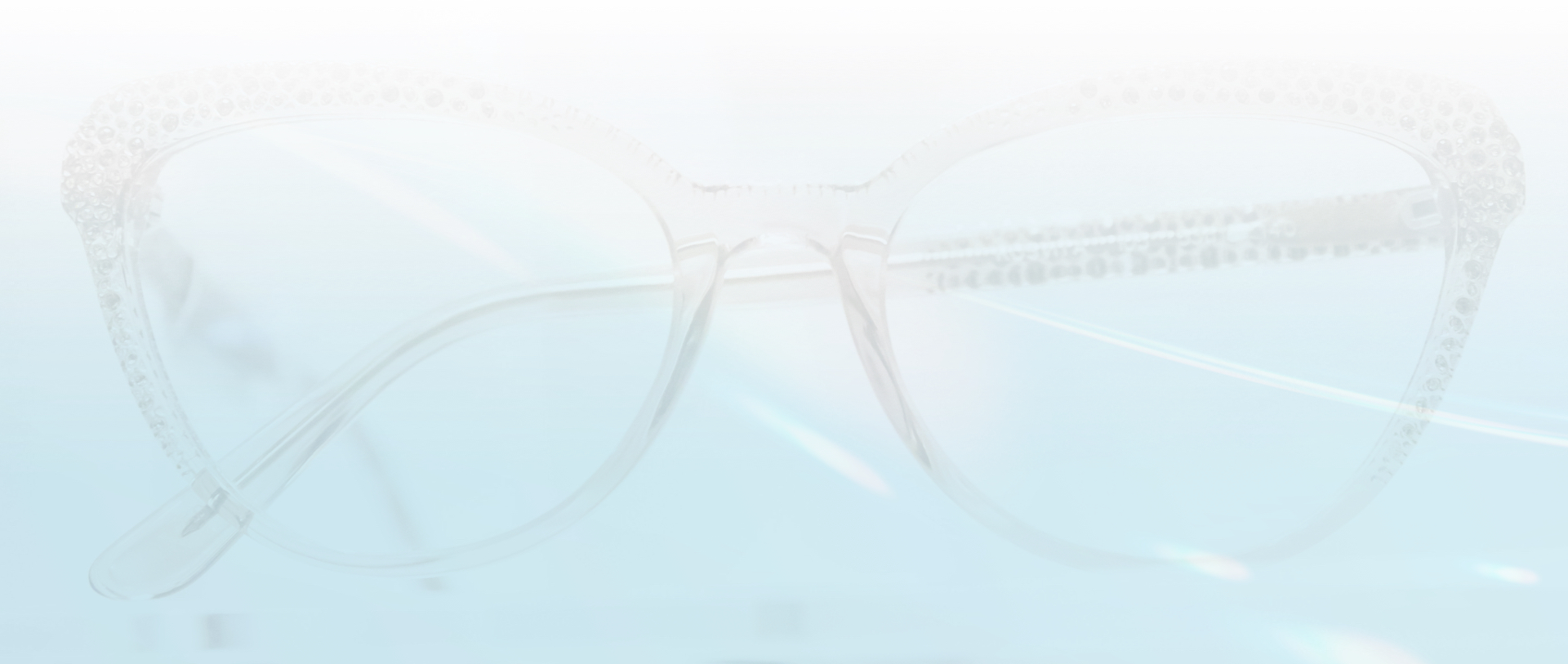Stress is a common part of daily life, often stemming from various sources such as work, personal relationships, and financial concerns. When stress levels rise, the body can react in several ways. One physical symptom that many people experience is dry eyes. This condition occurs when the eyes do not produce enough tears or when the tears evaporate too quickly, leading to discomfort.
Dry eyes can be exacerbated by stress, thereby causing irritation, redness, and even blurred vision. It’s important to recognize these symptoms and find effective ways to manage stress, as maintaining eye health is essential for overall well-being.
Understanding Dry Eyes
Dry eye syndrome occurs when your tears aren’t able to provide adequate lubrication for your eyes. This can happen due to a decrease in tear production or an increase in tear evaporation. Dry eyes can lead to a range of uncomfortable symptoms such as itching, burning, redness, and blurry vision. In severe cases, it may even damage the surface of the eye and affect your vision.
The Link Between Stress & Dry Eyes
Here are several ways that stress can contribute to dry eyes, impacting overall eye health and comfort:
- Stress can lead to hormonal imbalances, particularly involving hormones like cortisol, which can disrupt the normal production of tears. This imbalance can result in a reduced ability to create sufficient tear film, leaving the eyes feeling dry and uncomfortable.
- When people are under stress, they often blink less frequently. Blinking is essential for spreading tears across the surface of the eye. Therefore, when people blink less, this can significantly decrease tear distribution. The resulting lack of moisture can result in irritation and a gritty sensation in the eyes.
- Additionally, stress activates the sympathetic nervous system, triggering the fight-or-flight response. This can cause blood vessels in the eye to constrict, which may further reduce tear production. As a result, the eyes may become increasingly dry, leading to discomfort and potential long-term issues if stress is not managed effectively.
Managing Stress & Improving Dry Eye Symptoms
Here are a few tips to help manage stress and improve dry eye symptoms:
- Practice relaxation techniques such as deep breathing, meditation, or yoga. These activities can help reduce stress levels and promote overall well-being.
- Get enough sleep to allow your body time to rest and heal from the effects of stress.
- Limit screen time, take regular breaks, and use the 20-20-20 rule (take a break every 20 minutes and look at something 20 feet away for 20 seconds) when using digital devices. This can help reduce strain on the eyes and prevent dryness.
- Use lubricating eye drops or artificial tears to keep your eyes moist and alleviate dry eye symptoms.
- Make sure to stay hydrated by drinking enough water throughout the day.
- Engage in regular physical activity, which can help reduce stress levels and improve overall health and well-being.
Seeking Professional Help

If managing stress and making lifestyle changes don’t improve dry eye symptoms, it’s important to seek help from a medical professional. An eye doctor can diagnose and treat underlying conditions that may be causing dry eyes. They can also provide specialized treatment options such as prescription eye drops or procedures to alleviate severe cases. Additionally, a therapist or counselor can provide support and guidance in developing effective coping strategies for managing stress.
Professional Treatment for Dry Eyes
In some cases, lifestyle changes and over-the-counter remedies may not be sufficient to alleviate dry eye symptoms. If you continue to experience discomfort despite these measures, it’s important to consult with an eye doctor, who can recommend professional treatments tailored to address the specific needs of your eyes. Some effective options include:
- OptiLight by Lumenis: This therapy uses precise light pulses to stimulate the body’s natural tear production while simultaneously alleviating inflammation in the eyelids. The result is often improved overall eye comfort and a reduced sensation of dryness.
- RESTASIS eye drops: Specifically formulated for those suffering from chronic dry eyes, RESTASIS works to increase tear production by targeting the underlying inflammation that is often a contributing factor to dry eye symptoms. Regular use can lead to significant improvement in eye moisture levels.
- Xiidra eye drops: These prescription eye drops are designed to reduce inflammation, which can help improve tear quality. By addressing both the inflammatory aspects of dry eyes and enhancing tear stability, Xiidra can provide relief for those struggling with persistent dryness.
- PRN Dry Eye Vitamins: These specially formulated vitamins support overall eye health and promote moisture retention in the eyes. They contain essential nutrients that can help nourish the ocular surface and bolster the body’s natural defenses against dryness.
- Punctal plugs: These tiny silicone or collagen inserts are strategically placed in the tear ducts to slow down tear drainage. By retaining more tears on the surface of the eye, punctal plugs help maintain eye moisture and provide lasting comfort for individuals experiencing chronic dry eye symptoms.
Prioritize Your Eye Health with Comprehensive Care
Stress and dry eyes are closely linked and, if left unmanaged, can have negative effects on overall health. By understanding the connections between the two, practicing healthy habits, and seeking professional help when needed, you can effectively manage your stress levels.
At McCauley Celin Eyecare Associates, we understand the impact that stress can have on eye health. That’s why we’re committed to providing comprehensive eye care services to help our patients achieve visual comfort and wellness.Our team of experienced optometrists can help identify and address the underlying causes of dry eyes while also offering personalized solutions for managing stress. Schedule an appointment today to learn more about how we can help you achieve and maintain healthy eyes—even in the midst of a busy and stressful life.





